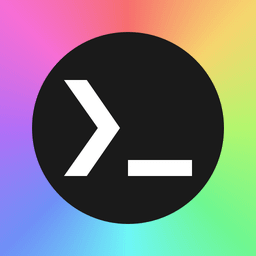I hadn’t come across mpvpaper before, so I decided to look it up. While it seems interesting, my initial impression is that it might be a bit more resource-intensive compared to what’s achievable on X11. On X11, you can set up a video wallpaper using mpv with surprisingly little effort and minimal code…
if pgrep mpv; then
pkill mpv; else
xwinwrap -ni -fs -s -st -sp -b -nf -- mpv --profile=wallpaper -wid %WID /home/furycd001/wallpapers/wallpaper.mp4
fi
















Thanks for the follow-up & for sharing your experience. I suppose this kinda thing highlights one of the quiet strengths of the X11 approach… Simple tools like
xwinwrappaired withmpvtend to be more lightweight and predictable, especially when you just want a looping video without the overhead. There’s something to be said for minimal scripts doing exactly what you need with no surprises…